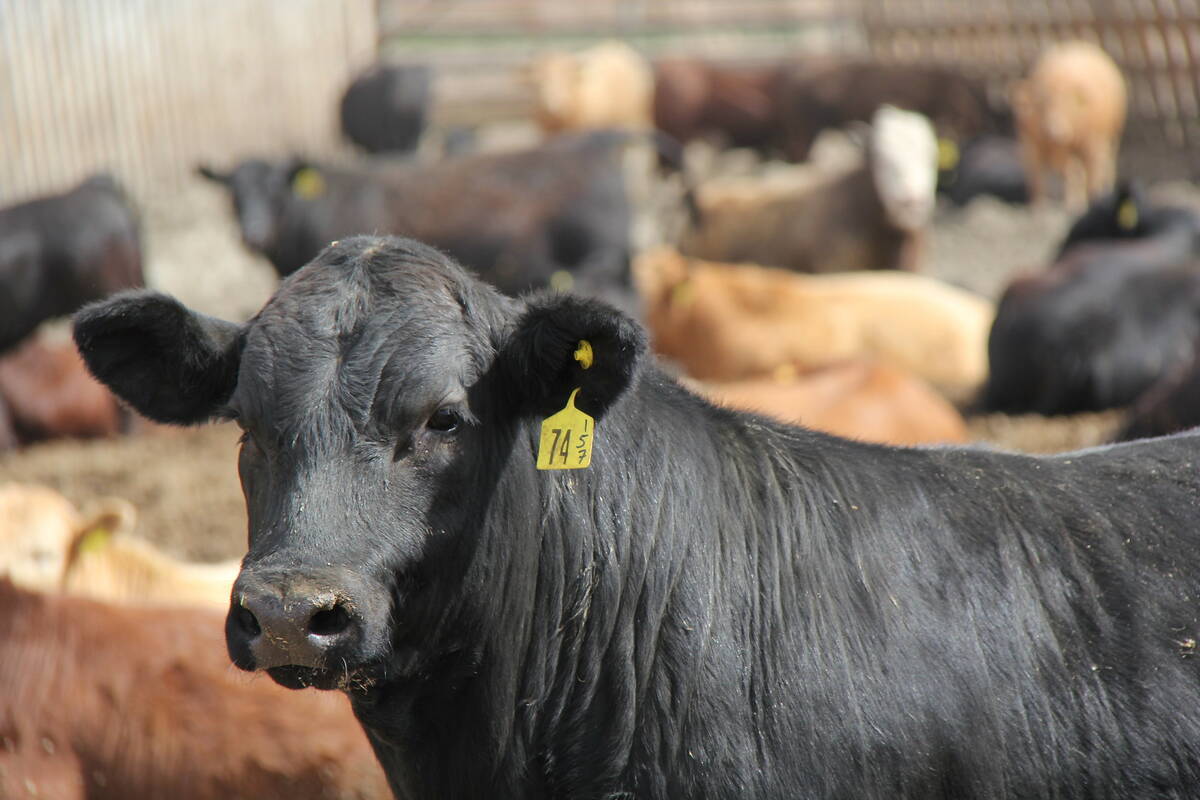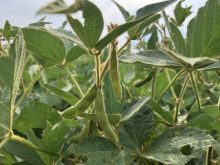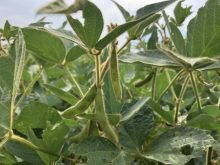Buenos Aires | Reuters –– Argentina will create a 2.5 billion-peso (C$360 million) stimulus fund for small and medium-scale grains producers which will be funded by existing taxes on the exports of large farms, Economy Minister Axel Kicillof said on Monday.
Kicillof said small-scale farmers of soy, wheat, and corn had struggled with a 30 per cent drop in international grains prices since 2013 and risked being swallowed up by mega farms which he said dominated Argentina’s export to global markets.
“They’re going to receive a helping hand so they can keep producing, so they can invest and so they are not killed off by the farming giants,” Kicillof said, who sat beside President Cristina Fernandez in a televised national address.
Read Also

U.S. livestock: CME cattle futures climb on technical trading, rising wholesale prices
Chicago | Reuters – Cattle futures on the Chicago Mercantile Exchange rose for a second session on Wednesday in technical…
Relations between leftist Fernandez and farming bosses have been strained throughout her seven years in office and the announcement of the stimulus for small producers comes just seven months ahead of a presidential election.
Argentina’s 46,000 medium- and small-scale grains producers account for just 12 per cent of output and only eight per cent of exports, but represent 70 per cent of grains farmers.
With the election race wide open ahead of the October vote, the stimulus is likely intended to send a message that Fernandez’s ruling party will best defend the interests of the country’s poor.
The fund, however, will do little to appease farming groups backed by larger producers who have long railed against export quotas on wheat and corn as well as a 35 per cent tax on soybean exports.
Three out of four of largest farming groups in the grains powerhouse last week suspended the sale of crops for three days in protest against Fernandez’s interventionist policies which they say kill their profits. They have threatened further strikes if the government ignores their grievances.
The government accused big farming bosses of orchestrating a “lockdown” last week.
Argentina is the world’s top soymeal exporter and a major source of corn and wheat for world markets, with grains constituting a major source of hard currency for the cash-strapped government which defaulted on its debt in July.
Fernandez’s government was shaken by a widespread farm rebellion in 2008 that reduced exports for months and eroded government revenues. Fernandez cannot run for a third straight term in office in October’s presidential election.
— Richard Lough is a Reuters correspondent reporting from Buenos Aires.














